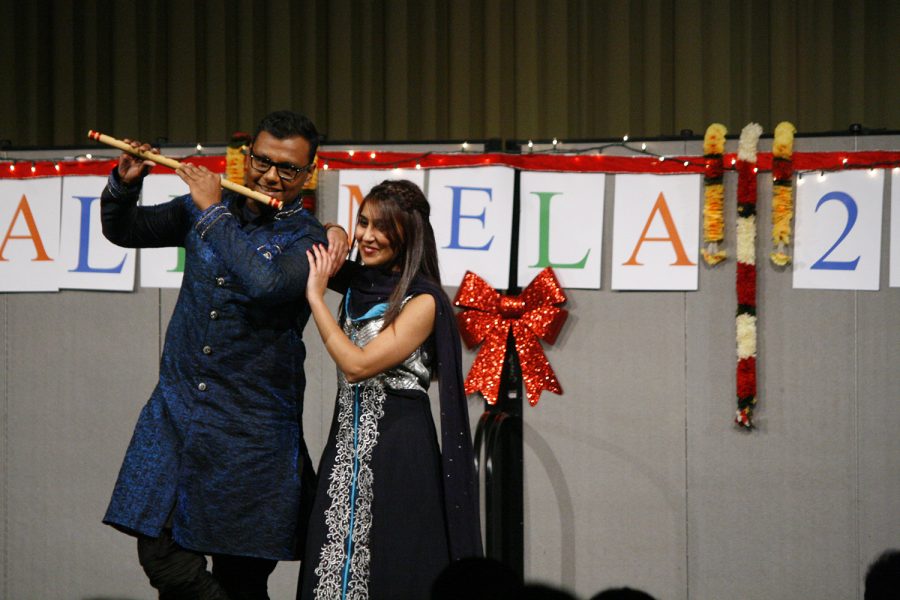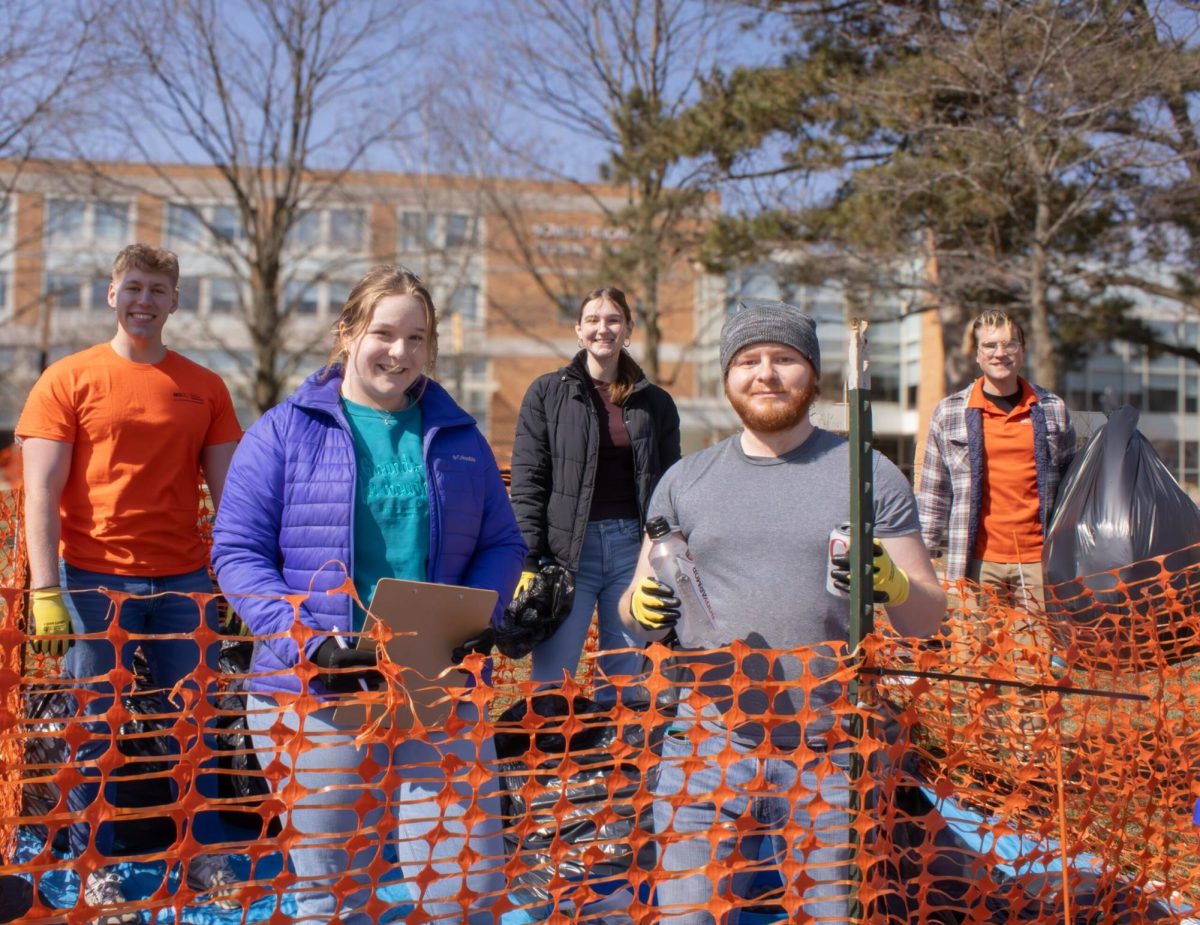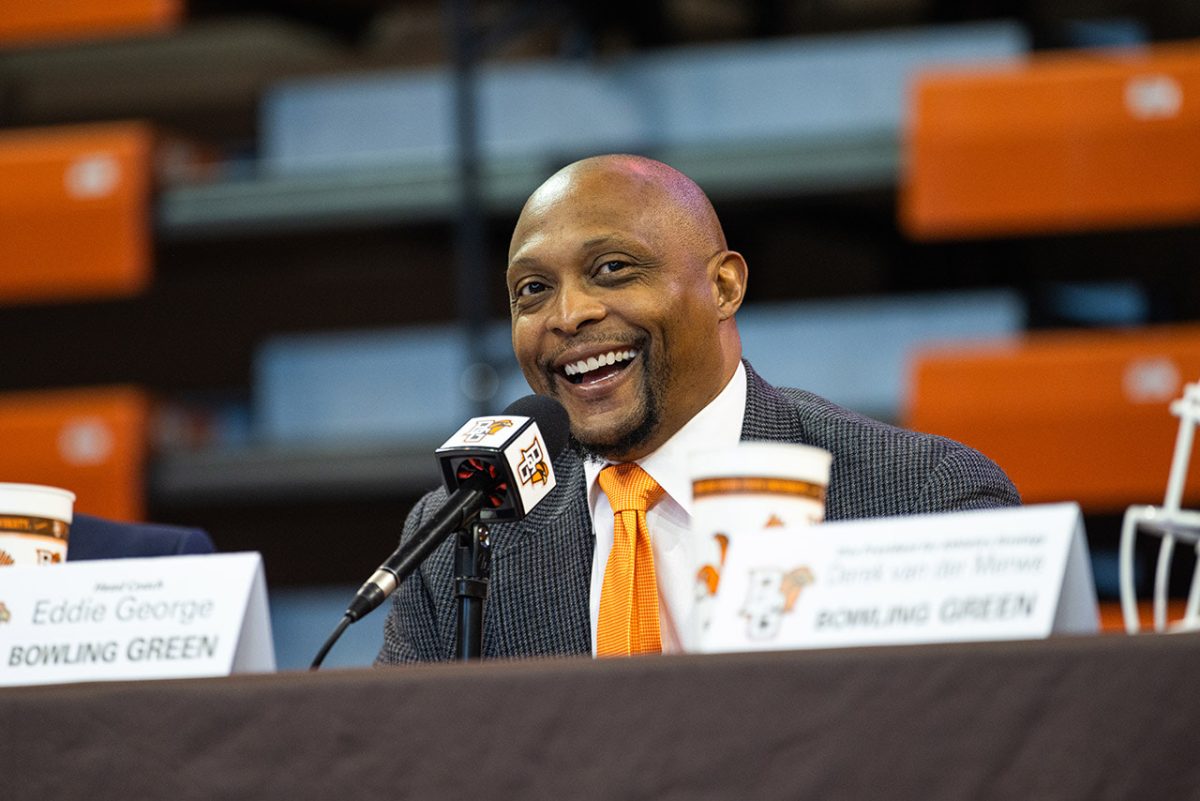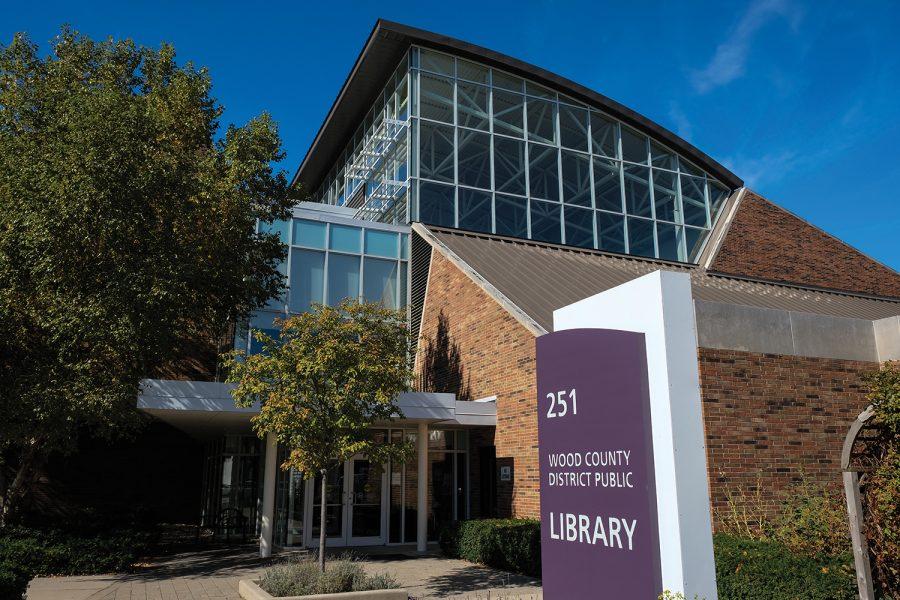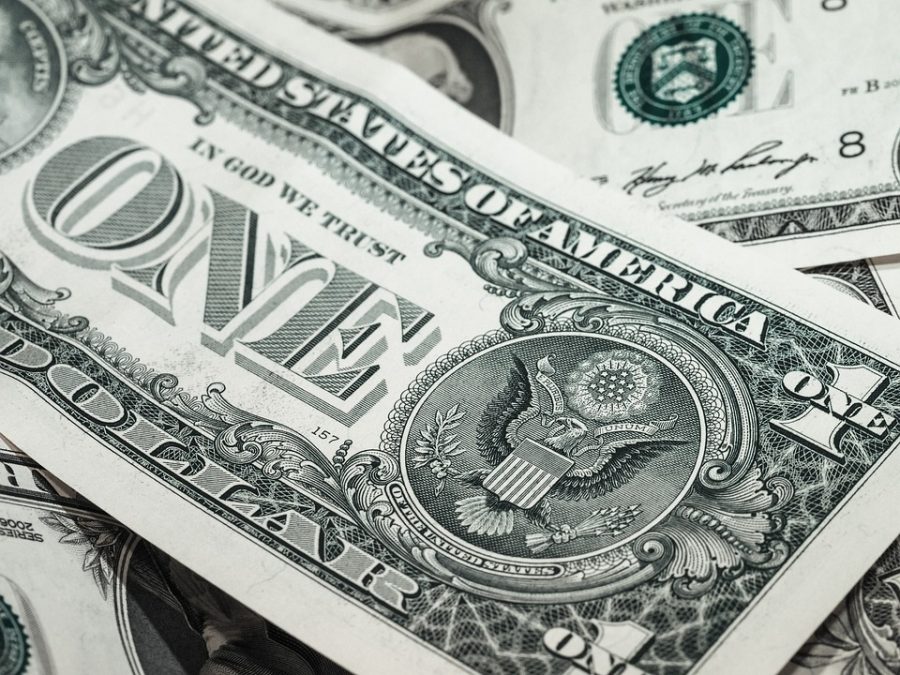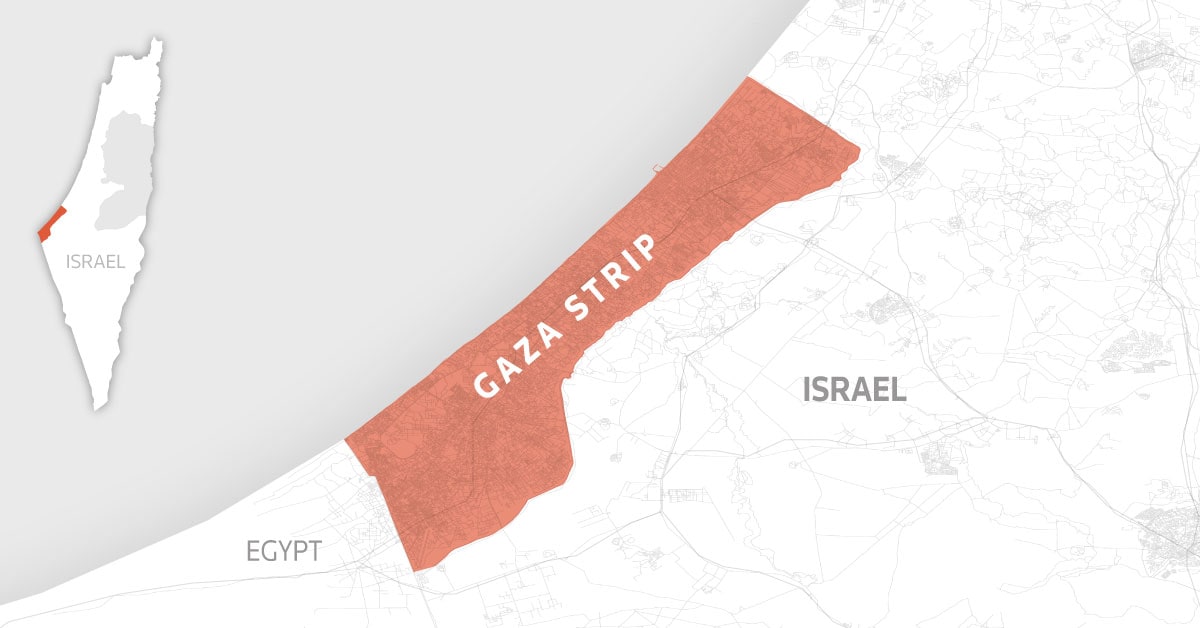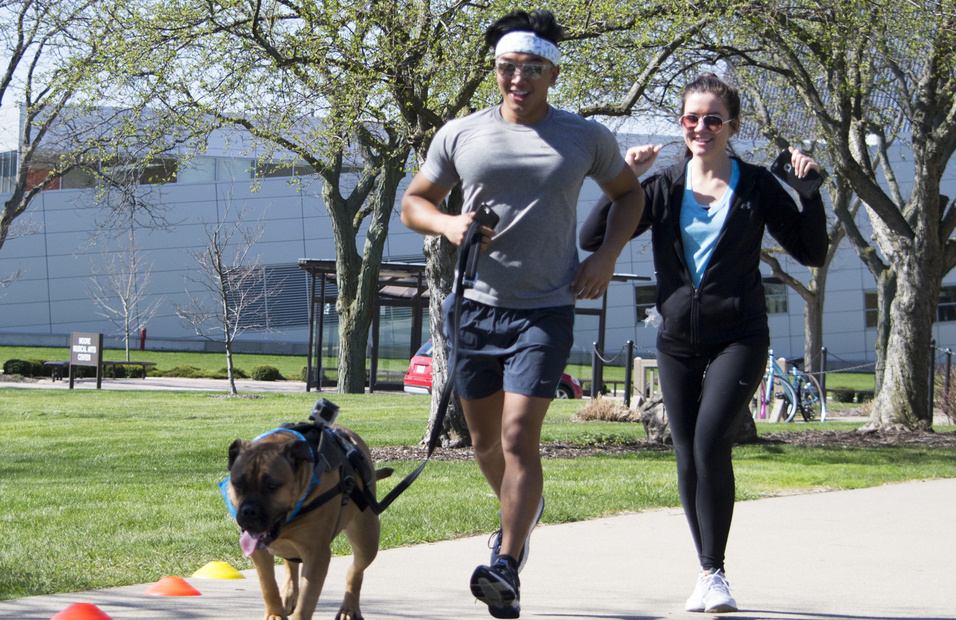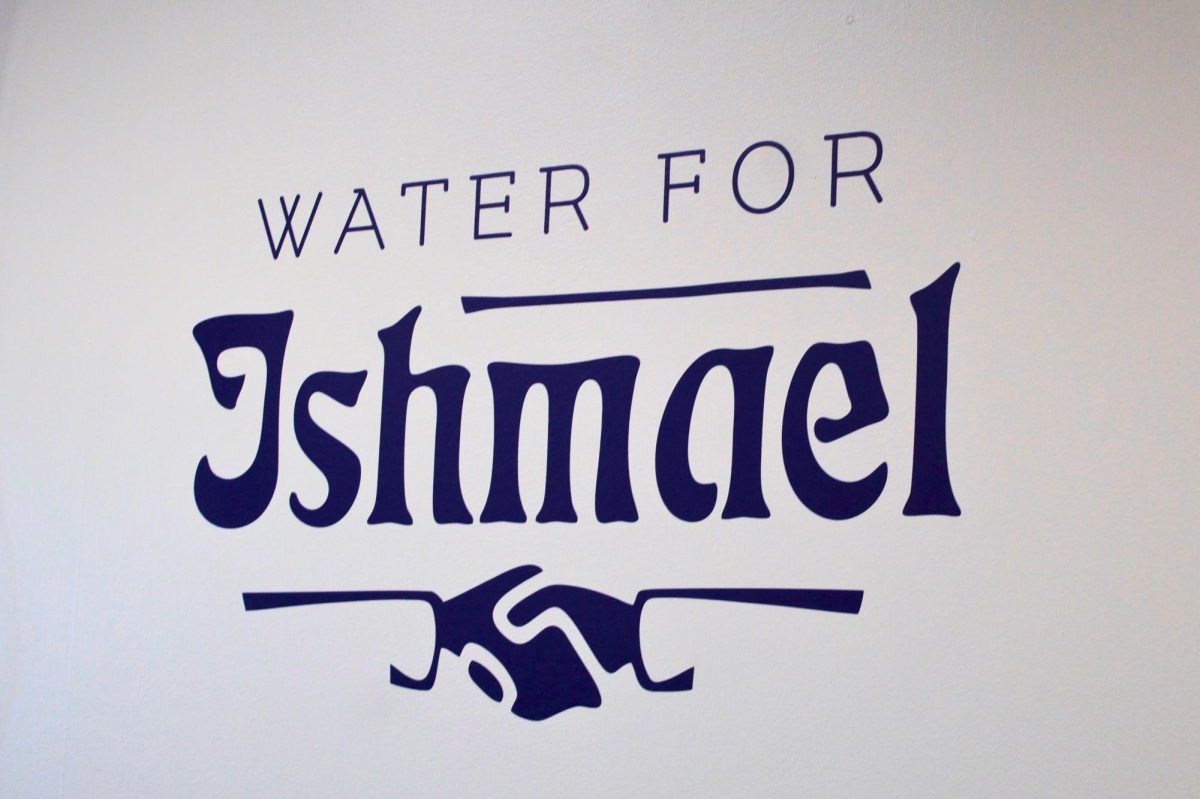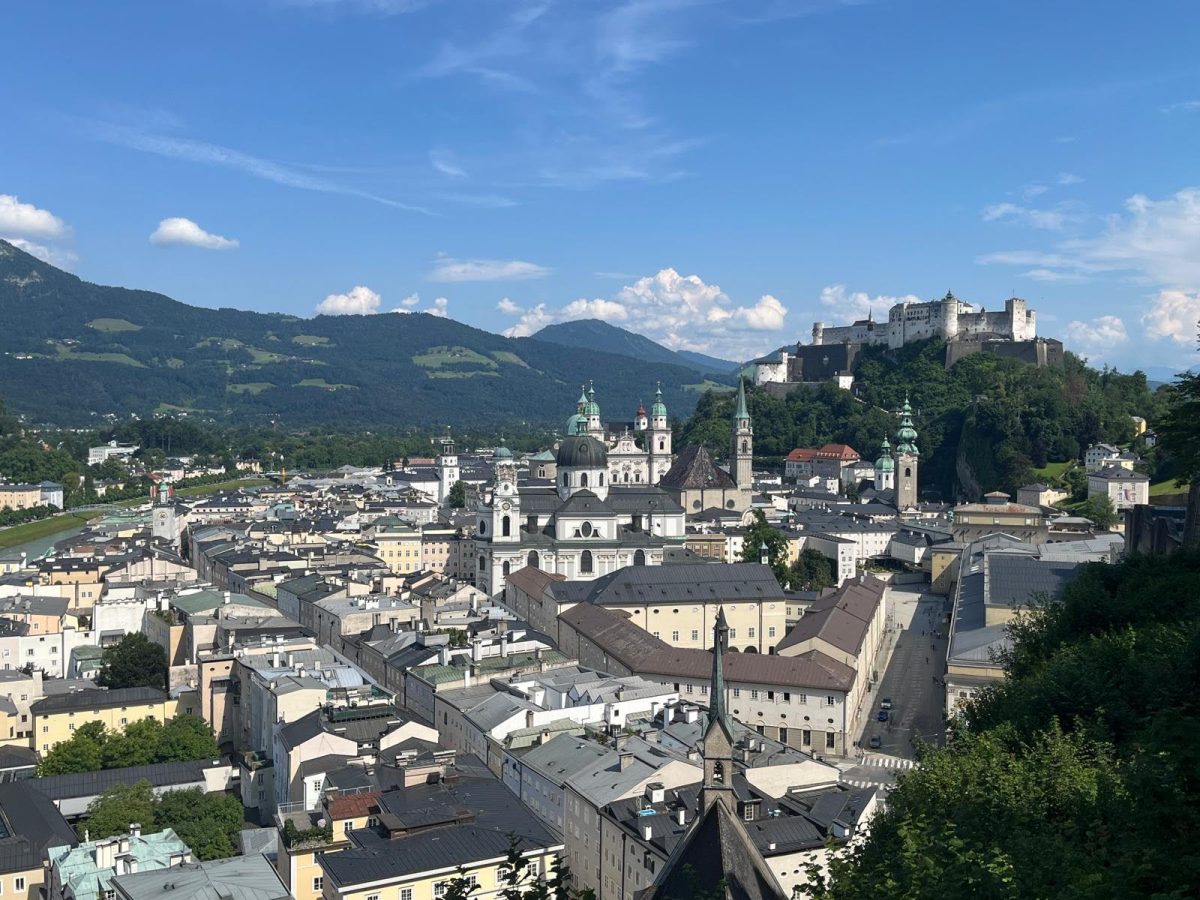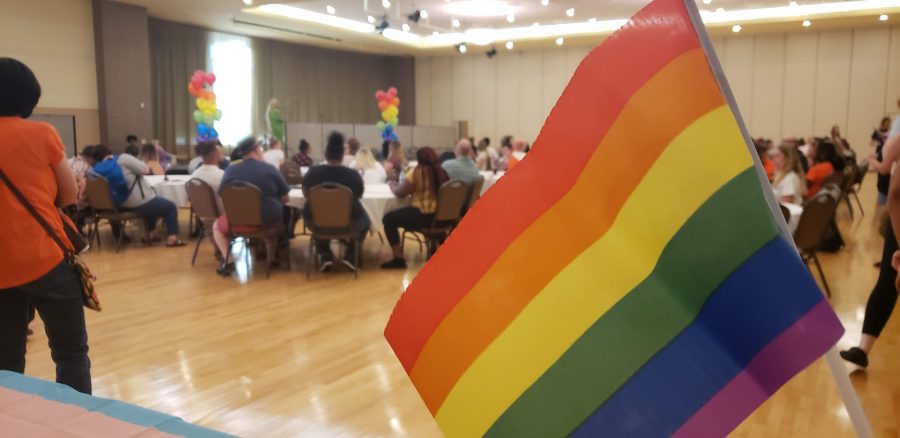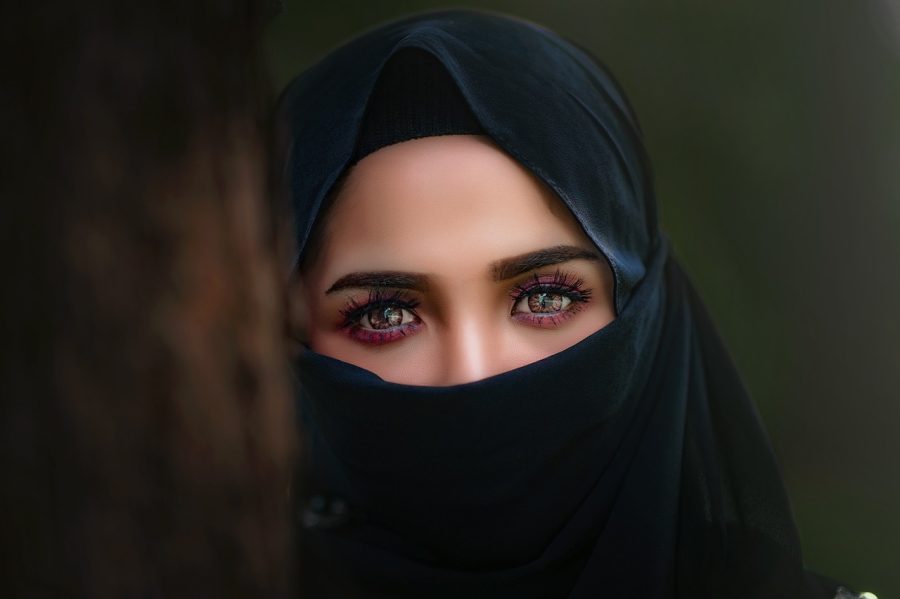Diwali Mela, or the Festival of Lights, is celebrated in dozens of ways across India; the University’s India Student Association highlights this diversity and shares traditions each year with the campus community.
“I didn’t really know what to expect going in, but I loved it!” junior Marley Siegel said. “The night was so entertaining, and I learned so much. I definitely want to come back next year.”
Media and Communications professor Srinivas Melkote explained Diwali’s origins, and how widely-celebrated it is. This is his 34th Diwali with the University, and this year’s Diwali Mela is the 14th to be celebrated on-campus.
“There are 1.2 billion Hindus in the world,” Melkote said. “It’s not some small sect tucked away where everyone does yoga.”
Diwali is a centuries old celebration that celebrates the triumph of light over darkness, or good over evil. Throughout India, different festivals focus on different deities or even historical events relating to Diwali’s meaning of “light over dark.”
The main day of celebration falls on the darkest night of the year, and candles are lit in homes to represent light trumping darkness.
Sanjhi Gandhi, president of the ISA, had this meaning in mind when she first came to the University.
“On my first tour, I had a goal of what I wanted to achieve when I was out here,” Gandhi said. “I wanted to shine, and leave an impact on this community … Don’t forget to leave some sparkle wherever you go.”
While Saturday’s Diwali Mela was thousands of miles away from India, old traditions were still present, and the ISA even added a modern twist. “The Spirit of Diwali” was present – but she was a disembodied, digital voice, like Siri. As the night progressed, The Spirit of Diwali kept the event-packed evening on-track, and provided some comedic relief.
Different traditions were displayed through the night’s entertainment and food. There were different dances, from traditional Indian dances to modern Bollywood numbers. Additionally, students performed Bollywood hit songs, and showcased a Sri Lankan sword-dance.
The evening was concluded with a fashion show that modeled festival wear from across India and other places that celebrate Diwali.
Additionally, the Mahatma Gandhi Award was presented to Dhiman Chattopadhyay, a doctoral candidate in the University’s school of media and communication.
“There’s no greater joy than being celebrated by your friends, colleagues and peers,” Chattopadhyay said.
The Mahatma Gandhi Award celebrates individuals who give to their communities. Chattopadhyay thanked his parents, who were both professors. He said they showed him how to give to students and expect nothing in return.
“I come a family with three generations of professors. One thing that I saw was they would give unconditionally to their students. The best prize, the best return you will get, is their love and appreciation,” Chattopadhyay said.


